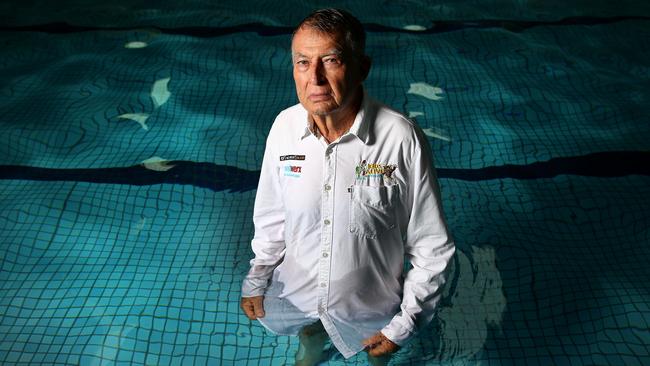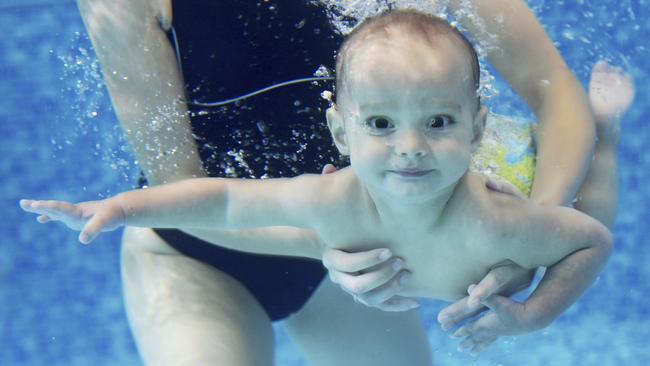Save Our Schoolkids: ‘Not uncommon’ for kids to lack swim skills
MORE than 80 school-aged children were rushed to hospital as a result of non-fatal drownings in Queensland last year – and experts fear a generation of kids is growing up not knowing how to swim.
QLD News
Don't miss out on the headlines from QLD News. Followed categories will be added to My News.
- Queensland could be the best in aquatic safety
- ‘It’s scary how many kids can’t swim’
- What price do we place on life?
- Poor swimmers push lifesavers to limit
- Veteran coach backs swim campaign
MORE than 80 school-aged children were rushed to hospital as a result of non-fatal drownings in Queensland last year.
The shocking figures come as Education Minister Grace Grace prepares to convene a roundtable of educators and water safety experts in the wake of The Courier-Mail’s Save our Schoolkids campaign.
According to Queensland Health data, 85 school-aged children were rushed to hospital around the state last year, up from 54 in 2013.
Queensland Health attributed the growing number of emergency admissions to better collection of data.
But swimming experts have told The Courier-Mail throughout the S.O.S. campaign they fear a generation of kids is growing up not knowing how to swim competently or be water safe.
The department also points to the higher number of “pool immersions and near-drownings” of children under four – 261 in the state last year – as being the area of most concern, but campaigners, including swim legend Laurie Lawrence, say school-aged children should not be left behind.

The figures also show the Sunshine Coast was the school-aged hotspot with 27 immersion victims rushed to hospital – not far behind the 33 cases of those under four years old.
The Gold Coast had 19 school-aged immersions and 48 under four.
Independent Schools Queensland executive director David Robertson, who will be among voices at tomorrow’s vital roundtable, said targeted government assistance could help get more kids into swimming and water safety lessons.
“Independent schools recognise the importance of educating students in all matters concerning safety, including swimming and water safety,” he said.
“Most independent schools provide swimming as part of their educational program or as an extra-curricula activity.

“Targeted government assistance could be provided to those schools that do not have immediate or easy access to swimming facilities to assist with transport and lessons costs. It’s important that other measures targeting young children before they start school are also examined.
“I’m looking forward to taking part in a constructive discussion on whole-of-community responses, involving government, parents and water safety experts, on this important issue at the roundtable.”


